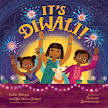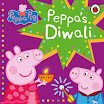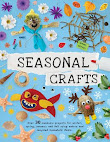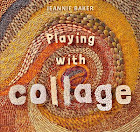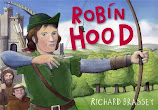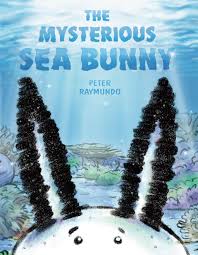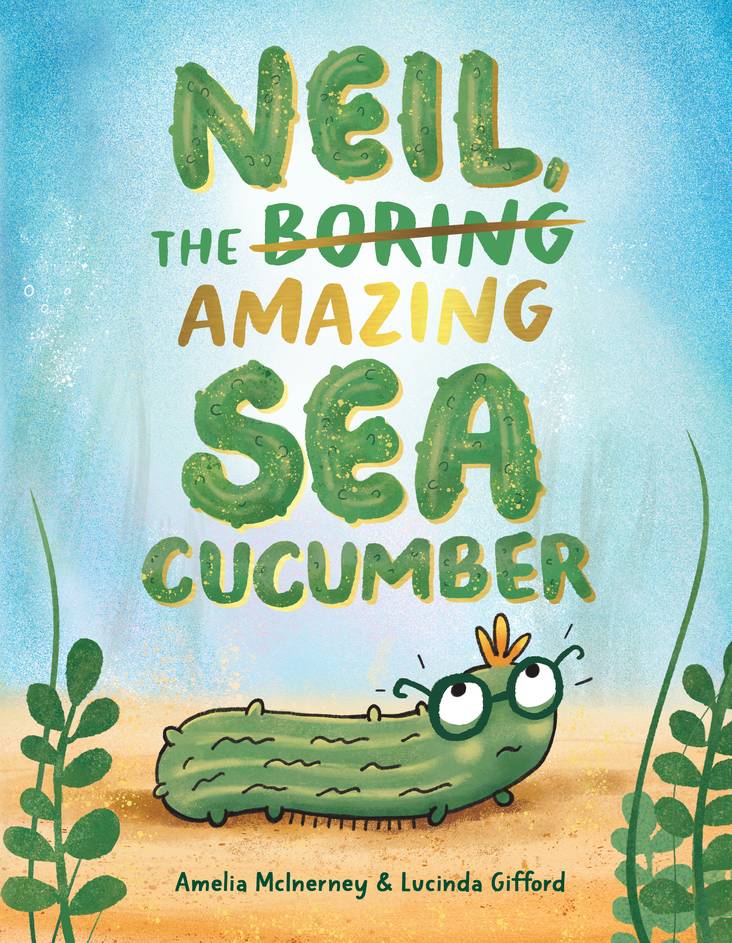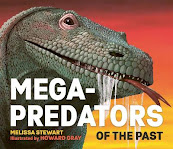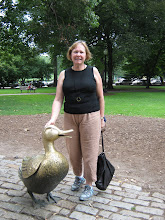This year, the five-day Hindu festival of lights Diwali falls on 1st November. In Sanskrit, Diwali means "rows of lighted lamps", referring to the tradition of putting small lamps or candles in streets, houses, shops, and public places. Millions of Hindus worldwide gather with their family to feast and watch fireworks.
Diwali celebrates the return of Rama and Sita after their 14 years of exile. Diwali is about the triumph of good over evil, light over darkness, and the blessing of new beginnings.Thursday, October 31, 2024
1st November Diwali
National Non-Fiction November Part 2
Why don't you ...?
The theme for 2024 is Why Don’t You…? and this is designed to stimulate discussion around hobbies and leisure activities and to encourage young people to try something new.
It is not the part of nonfiction that is the most visited in the school library anymore. Ten years ago the students loved borrowing cooking books, craft books and sport books. Not any more I really need to promote books that explain how to do something. Parents encourage their children to borrow nonfiction in the hope that they 'will learn' something, not 'do' something, especially if it involves the parent's time or assistance.
Here are some 'how to' books that are in the library that I will use for a display.
• Why don't you cook?
•Why don't you do some craft?
• Why don't you knit or sew?
• Why don't you play chess?
• Why don't you go fishing?
• Why don't you go hiking?
• Why don't you do some origami?
• Why don't you do some collage?
There are so many other things you could do too...
Tuesday, October 29, 2024
29th October International Robin Hood Day
Robin Hood is a legendary heroic outlaw originally depicted in English folklore and subsequently featured in literature, theatre, and cinema and because of screens my young readers know who he is and sometimes ask if 'he is a book'. While there is much written about him, not a lot of it is accessible to beginning readers.
If like me, you work in a prep library or have children under eight, this is what our school library has that I lend to these students.
• a series of six Hopscotch readers by Damian Harvey
• two books from Usborne
• a reader from the Walker Stories series
• a book by Richard Brassey
• the very detailed The Adventures of Robin Hood by Marcia Williams
29th October Sea Slug Day
Sea slugs (aka sea hares, sea bunnies, nudibranchs and sea cucumbers) are residents of shallow coral reefs, abundant in the shallow waters of the Indo-Pacific. They range in length from a less than two centimetres to more than 60 centimetres.
Sea slugs are celebrated on this day because Terry Gosliner who is an invertebrate zoologist has discovered more than one thousand sea slug species and today is his birthday.
Many books about sea creatures will feature sea slugs and /or nudibranchs so look for them in the index , but here's two stories you can read for fun!
• The Mysterious Sea Bunny by Peter Raymundo'Shh, we are about to observe the one-inch-long sea bunny as it journeys sloooooowly across the ocean floor! Along the way, we'll learn some interesting facts- how it crawls upside-down using slime, how it breathes through its . . . um . . . fluffy-looking backside, and why predators would be in for an unsavory surprise if they ever got ahold of it. Young readers will float away with loads of new knowledge about this fascinating sea slug species.'
'Hello. I'm Neil. I'm a sea cucumber. It's a bit strange that I'm the star of this book. Usually books are about the cool sea creatures. And I'm boring, even for a sea cucumber.
Nothing exciting ever happens to me.
At least, it hasn't before now ...'
Saturday, October 26, 2024
National Non-Fiction November (7th November National Non-Fiction Day) Part 1 Authors and Illustrators
National Non-Fiction November was set up by the Federation of Children's Book Groups in the UK as a way to highlight the importance of information books and to promote reading non-fiction for pleasure.
National Literacy Trust research (2022), said more than half (56%) of children and young people told us that they read non-fiction. We also found that children and young people who read non-fiction are more engaged with environmental issues.
Overall, this report found that more children and young people who read non-fiction were motivated to read for educational purposes, to satisfy curiosities, to foster social connections and to support their mental wellbeing.

